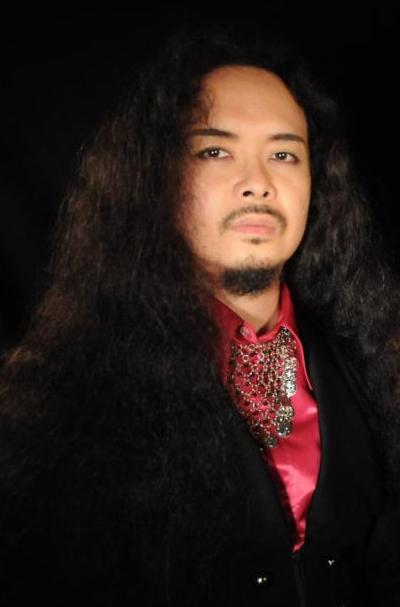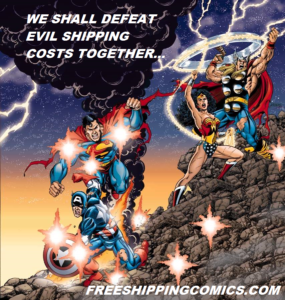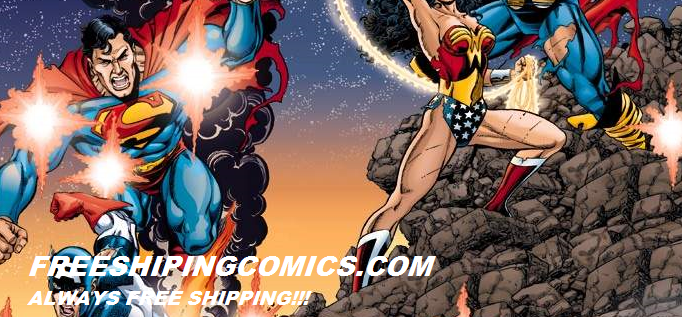 From the Land of the Rising Sun and weird things on tv, the always surprising Sigh have slated their Graveward album for next month for those in the North American continent. But do not let that sadden you, as Mirai Kawashima (川嶋未来) (vocals, keyboards, samples, programming, orchestral arrangements, vokoder, woodwind instrument, percussion) of the titular tonal titans has graced our humble site with 7 answers to 7 questions about Graveward! Click further to see what goes on behind the smoke, and some thoughts on what went into the album.
From the Land of the Rising Sun and weird things on tv, the always surprising Sigh have slated their Graveward album for next month for those in the North American continent. But do not let that sadden you, as Mirai Kawashima (川嶋未来) (vocals, keyboards, samples, programming, orchestral arrangements, vokoder, woodwind instrument, percussion) of the titular tonal titans has graced our humble site with 7 answers to 7 questions about Graveward! Click further to see what goes on behind the smoke, and some thoughts on what went into the album.
From the Devil’s Music Compendium for Beginners, on SIGH:
Sigh (サイ) is a Japanese extreme metal band from Tokyo, formed in 1989. They are credited as being one of the first Japanese black metal bands, when the majority of black metal in early 1990s came from Scandinavia. They gradually shifted from a more traditional black/thrash metal sound, to a more experimental, avant-garde style. Utilizing instruments uncommon to common to whaaaaaat?!, they craft a sound manic, controlled, energetic, and infectious. TO listen is to wonder, and to re-listen is to understand.
Current Discography:
Desolation (1990)
Tragedies (1990)
Requiem for Fools (1992)
Scorn Defeat (1993)
Infidel Art (1995)
Hail Horror Hail (1997)
Ghastly Funeral Theatre (1997)
Scenario IV: Dread Dreams (1999)
Imaginary Sonicscape (2001)
Gallows Gallery (2005)
Hangman’s Hymn (2007)
A Tribute to Venom (2008)
Scenes from Hell (2010)
The Curse of Izanagi 7″ (2010)
In Somniphobia (2012)
Graveward** (2015)
**review here
*Metal Machine is BOLD
Mirai Kawashima is Italic*
Metal Machine:1. What was the vision you had starting on this record? Did it change much from the original to how it came out?
Mirai Kawashima:Yes, it turned out pretty much different from the initial plan. At first I was thinking of making it completely dedicated to old Italian zombie movies. The album was going to be filled with vintage keyboards such as Minimoog, Mellotron, Hammond, Fender Rhodes etc. The trigger was a little conversation with Fabio Frizzi, who wrote the great music for Lucio Fulci classics such as “Beyond” and “The Gates of Hell”. What he told me about the composition was very inspiring.
This time we changed the guitarist during the recording, so it took much longer to finish up the recording than expected. And you know the longer it takes, the more the new ideas come. You’ll hear a lot more elements on Graveward, but I’m sure you still see the first intention in it. The second half of “The Casketburner” should perfectly fit a zombie flick.
MM:2. The album has some very non-traditional touches from what is out now, how do you experiment and decide what goes in?
MK:I have two big musical backgrounds. One is metal which I grew up listening to when I was a teenager. Another is classical music. I was taking the classical piano lesson for more than 20 years when I was younger. So these two have a big influence on my song writing. Also I was writing music for video games, TV shows etc. before so I had to study many different style of music from jazz to even hip hop. And I was taking the lessons of classical Indian instruments such as Sitar and Tabla. I have been dedicated myself to music, so I have a lot on my musical pallet. So all I have to do is just to choose the best thing out of the pallet to express the vision. I will never take in anything about which I do not know well weird for weird’s sake.
MM:3. Have you ever tossed an idea away for a song or record because it was too strange?
MK:Well, we tossed so many ideas away, but I cannot tell if it was due to strangeness. No matter how unusual the ideas are to metal, we’ll take them in as far as the song flows well. The ideas are scrapped if not. The several factors such as flow and quality should be considered to decide if we give it a go or not. Probably if it sounds too strange, the problem attributes to quality or flow rather than idea’s own strangeness.
Metal Machine:4. The guitar is absolutely beautiful on this record, very technical. What would you tell younger guitarists to help them be able to play like you do?
MK:Keeping practicing in the right way. It’s the same for anything from instruments to sports. And what is important is to play it every day. Even if it’s just 15 minutes, it’s better to play every day than to play 8 hours once a week. And you have to do it in the right manner. Some people sometimes do it on their way and keep practicing, and in the end they come to the dead end. This is pretty bad.
If you keep doing it right, you’ll come to the point where you start feeling that the instrument is a part of your body.
Metal Machine:5. The album has a kind of 60’s rock and party vibe, so what was the biggest influence on how that energy came about for this album?
MK:Simply I love music from the 60s. Probably the late 60s were the best moment for rock music when creativity was the most welcomed within the music fans, I mean creativity and popularity could co-exist. The Beatles, The Beach Boys, The Rolling Stone and so many other artists released something completely new and surprisingly the market welcomed it.
Metal Machine:6. Favorite track(s) off the album?
MK:“A Messenger from Tomorrow“. It’s got everything from metal to jazz, classical and experimental. Those elements are well sublated in my opinion.
Metal Machine:7. Favorite non-traditional instrument, sound, or effect used on the album?
MK:We use varied instruments and effects, but if you broaden you view from metal to rock, they all are rather traditional. Minimoog, Mellotron, Fender Rhodes, Sitar, Tabla, Space Effect, orchestral instruments or whatever, they all were already cliché almost 50 years ago. I love all of them!


